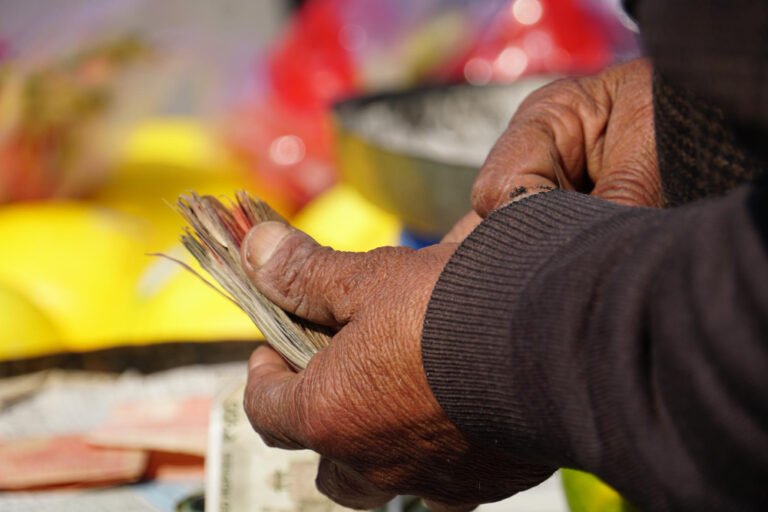Taxes, M-Pesa & Online Jobs: What You Need to Know in Kenya
Introduction
You’re earning from online gigs. Clients are paying through M-Pesa, PayPal, or bank. But now you’re wondering: Do I need to pay taxes? Will KRA come knocking? The short answer is — yes, you need to understand taxes if you want your hustle to grow into a real business.
This guide simplifies what Kenyan freelancers and online workers need to know about taxes, M-Pesa tracking, and digital income compliance in 2025.
1. Yes, Online Income Is Taxable in Kenya
Freelancing, affiliate marketing, online teaching, selling digital products — it all counts as income. The Kenya Revenue Authority (KRA) considers any form of regular income taxable, whether local or international.
Even if you’re paid through M-Pesa, PayPal, Wise, or bank transfers — you’re not invisible.
Related: Freelancing Is a Skill, Not Just a Job — Here’s How to Master It
2. You Must Register for a KRA PIN
If you don’t have a PIN, get one. It’s the starting point. Every business transaction — including invoicing, filing returns, and accessing credit — depends on it.
Use iTax to register. If you’re under 24, KRA now allows PIN applications linked to your ID number and phone.
Pro tip: Use your personal PIN if you’re a sole freelancer. Register a business PIN if you scale.
3. Understand Presumptive Tax vs Turnover Tax
If your gross turnover is less than Ksh 5 million per year, you may fall under Turnover Tax (TOT) — currently at 1% of gross income (as of 2025).
No expenses. No deductions. Just report the gross amount earned monthly.
Freelancers and small creators fall here — unless you’re registered under a limited company, which then pays income tax.
4. M-Pesa Is Traceable (Yes, Even Personal Lines)
If you’re running your hustle through your M-Pesa personal line, be aware: KRA now works closely with Safaricom to audit large and repetitive transactions. If you’re receiving Ksh 50K+ monthly from “unknown” sources, expect scrutiny.
Best practice:
- Separate personal and business M-Pesa lines
- Keep basic records (invoices, receipts, contracts)
- Avoid mixing client payments with daily expenses
Related: How to Package Your Freelance Services for Quick Client Approvals
5. File Monthly Returns (Yes, Even if You Made Zero)
Even if you didn’t earn that month, you must file a nil return — especially if you’re under Turnover Tax.
Failure to do this leads to penalties (usually Ksh 2,000+ per year), which adds up quickly.
Tools that help:
- iTax Portal
- PesaWise
- TaxTim Kenya
6. What About PayPal, Wise, Skrill?
Digital wallets are not exempt. Once you withdraw into your M-Pesa or bank, that income is traceable. Even if you earn in USD, once it hits your local account — it’s reportable under your tax obligations.
Track your withdrawals. Don’t wait for KRA to connect the dots for you.
7. Digital Creators Must Watch Out
If you’re earning from TikTok Creator Fund, Instagram deals, brand sponsorships, YouTube payouts, or digital product sales — you’re officially in business. And yes, KRA will classify that as business income.
You don’t need to be scared — you just need to be structured.
Related: Why Your Online Hustle Needs a Blog in 2025
Related: How I Use Storytelling to Build Trust and Increase Sales Online
8. How to Stay Safe and Compliant
- Open a separate business account or M-Pesa till
- Keep records of client payments and invoices
- File your returns monthly on time
- Consider talking to a tax consultant once your income grows
Want help building a sustainable, legit digital hustle?
Explore practical courses at:
courses.elvisw.online
Final Thoughts
In Kenya, ignorance of tax law isn’t an excuse — even for online workers. But the solution is not fear. It’s clarity. Once you treat your digital hustle like a business, you unlock peace, scalability, and serious financial wins.
Start small. Separate income. File returns. Grow from there.






